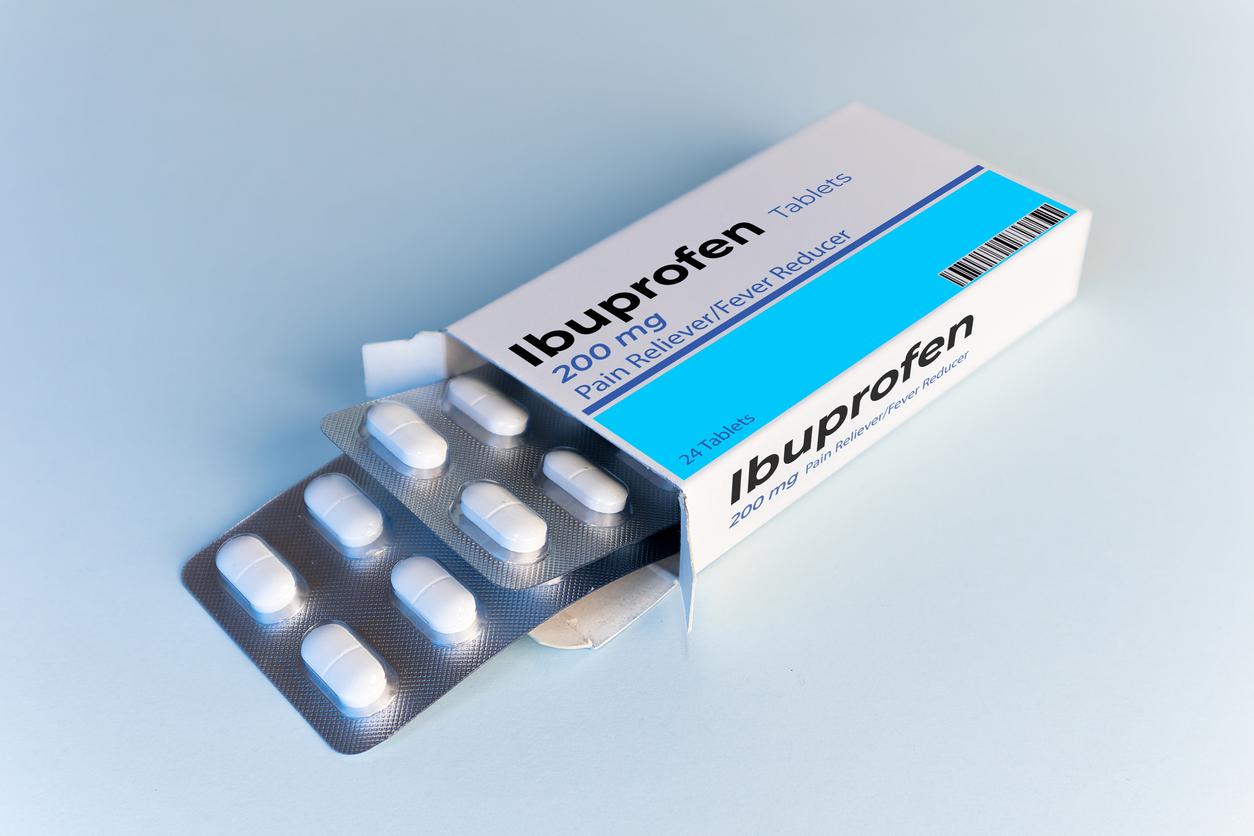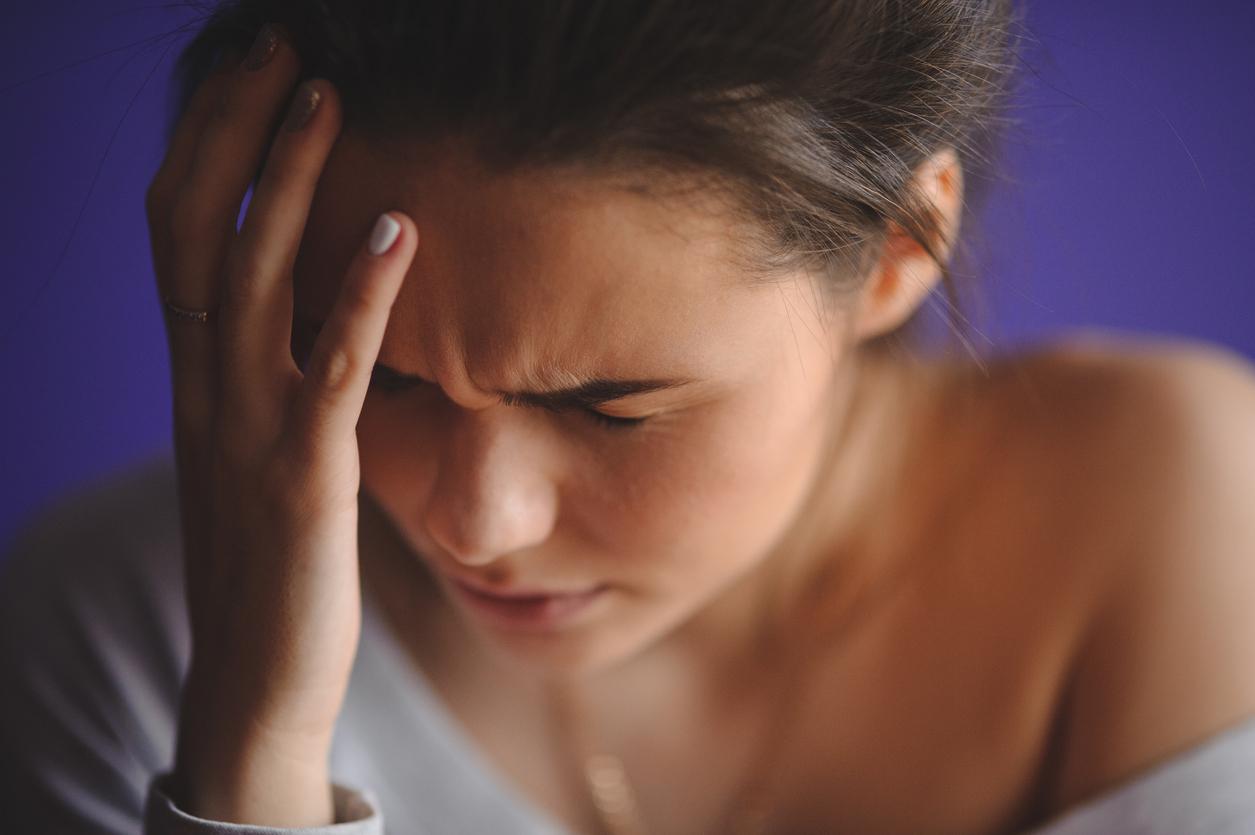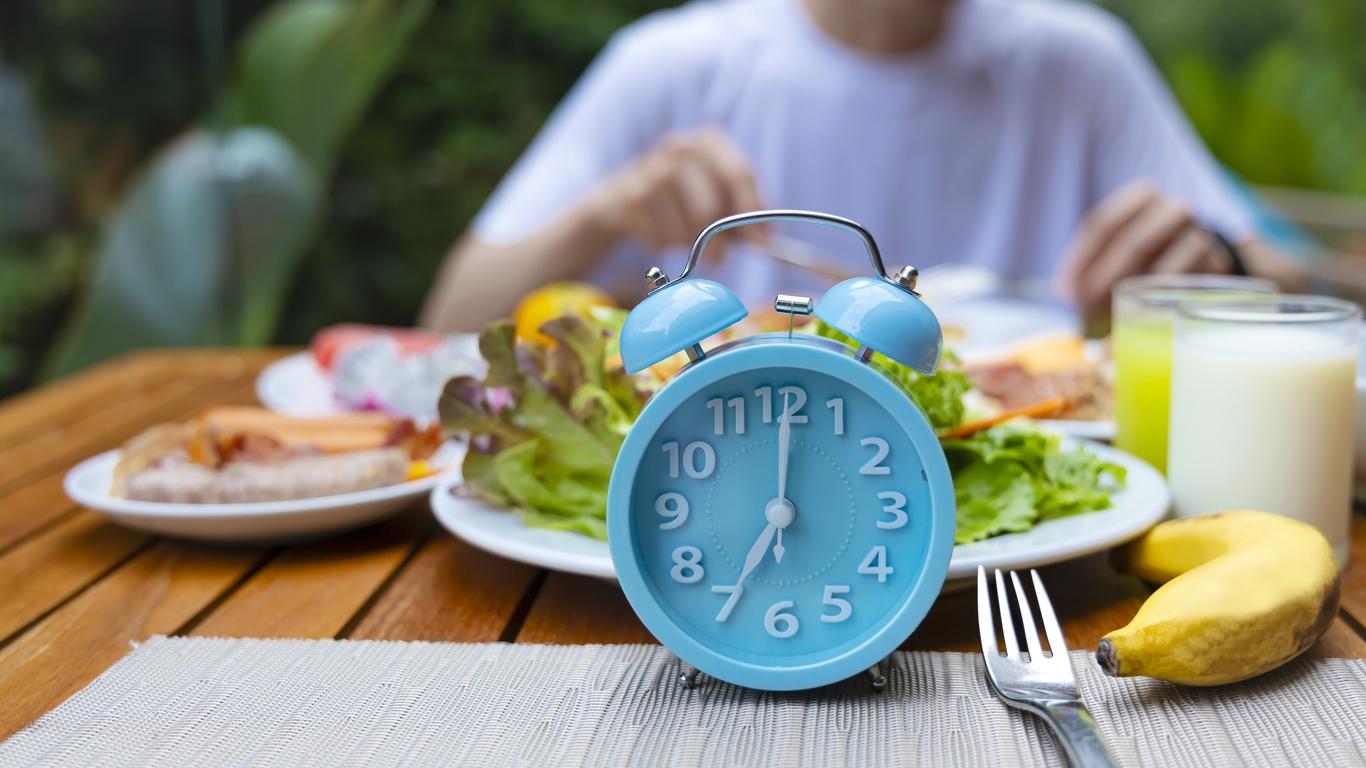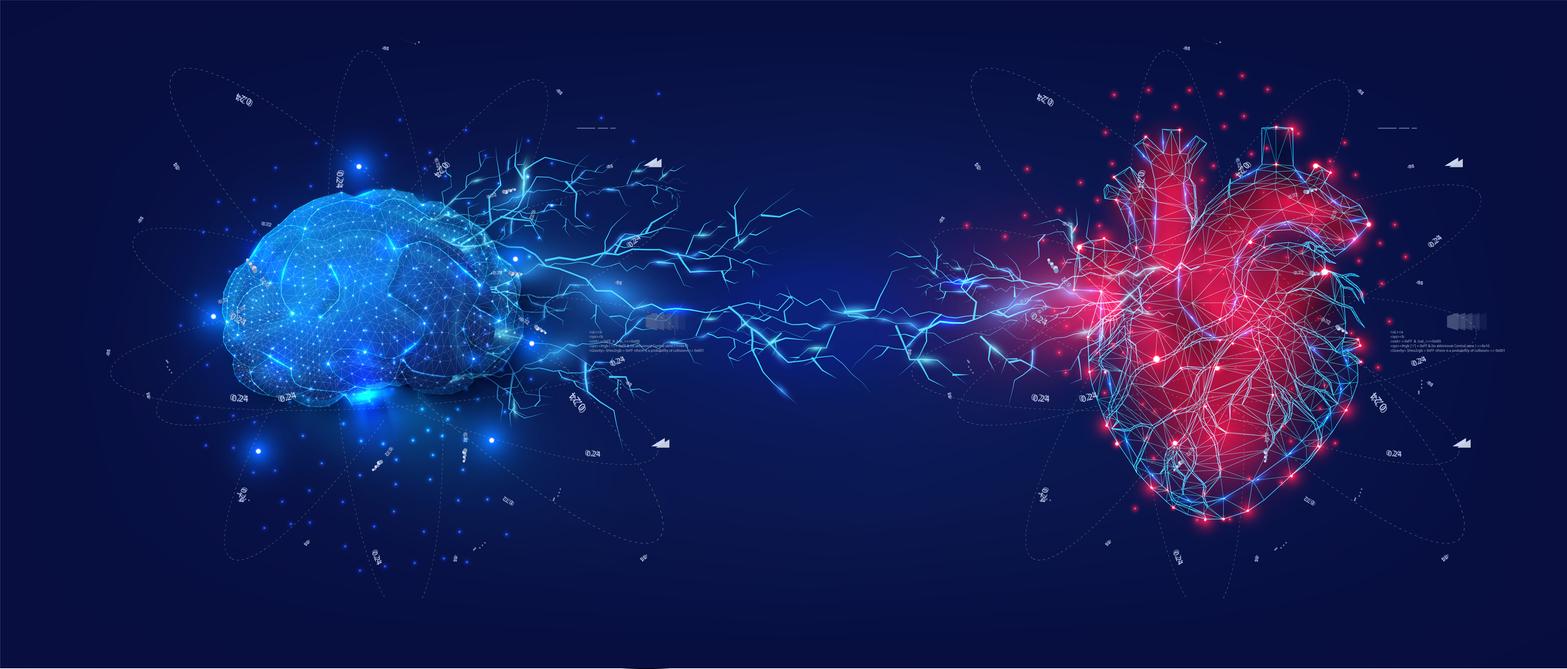During end-of-year holiday meals, alcohol consumption is sometimes significant. This can cause a syndrome nicknamed “party heart,” characterized by an abnormal heart rhythm.

- Excessive alcohol consumption can lead to heart syndrome.
- Nicknamed “party heart,” it is characterized by abnormal heartbeats.
- It is necessary to consult a healthcare professional if symptoms appear.
Excesses during the end-of-year holidays can be hard for the body to bear. In the English version of The Conversationtwo Australian researchers, from the University of Wollongong, warn of the risks to heart health. If you drink too much alcohol, symptoms may appear, including irregular heartbeats. Health professionals are well aware of this phenomenon which they call “heart of celebrations”.
“Heart of parties”: a syndrome known for 50 years
“We’ve known about party hearts (or party heart syndrome) for almost 50 yearsthey indicate. In the 1970s, it was described as an abnormal heart rhythm (or arrhythmia) in healthy people without heart disease after drinking alcohol. Doctors have often seen this after weekends and holidays, including the holiday season.” Beyond alcohol, it can also be linked to excessive food consumption, dehydration or the stress sometimes induced by this period.
End of year celebrations and alcohol: why does your heart race?
For these specialists, these symptoms are mainly the consequence of the effects of alcohol on the body. “Alcohol affects your heart, blood vessels, blood and nervous system in many ways, they develop. For example, when alcohol disrupts your nervous system, it can cause dehydration and inflammation. In turn, this can disrupt the heart’s electrical system, which can lead to an irregular heartbeat.” Some people may also experience chest pain or shortness of breath, and others may feel unwell.

How to react in case of heart problems during the end of year holidays?
It is strongly recommended to consult a doctor or even go to the emergency room if these symptoms appear. Heart rate monitoring will be carried out using an electrocardiogram. Blood tests may also be done to monitor inflammation. “The vast majority of people diagnosed with party heart will recover, especially if they are treated early or if they stop or limit alcohol consumption.”reassure Australian researchers.
To limit this risk, it is obviously advisable not to consume alcohol in excess. Health authorities recommend not exceeding ten glasses per week, without exceeding two glasses per day. “We also recommend drinking water between alcoholic drinksthey add. This may help reduce the dehydrating effects of alcohol and reduce the risk of alcohol-induced heart rhythm complications.”









-1739366311.jpg)







